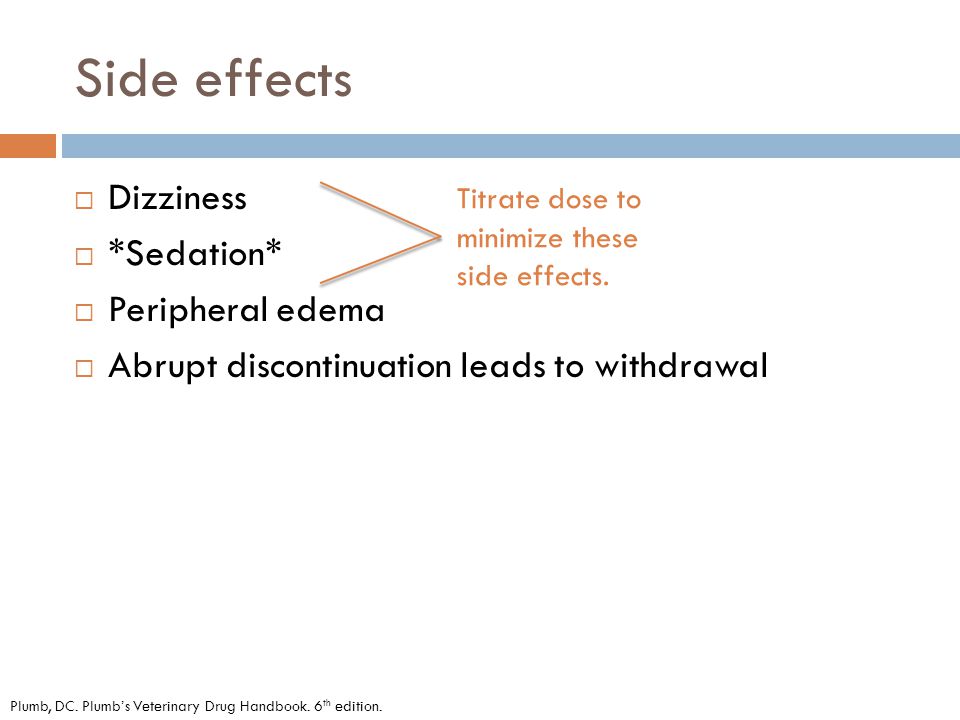Plumb`S Veterinary Drug Handbook
Clindamycin For Dogs Veterinary Place. Clindamycin also known as Antirobe is a lincosamide antibiotic often used for the treatment of bacterial infections in dogs. It is a broad spectrum antibiotic which can be used to treat many different types of infection including osteomyelitis, protozoal infections and illness caused by anaerobic pathogens. It is able to kill bacteria by preventing them from creating the proteins they need to survive. This drug might not be the best option for those with severe kidney or liver disease. If use is necessary, your vet may suggest a lower dose or monitor serum concentrations of the drug. Recommended Dosage Note Clindamycin should only be given when it has been prescribed by a vet. The recommended dose can be either low or very high depending on the infection being treated. This will usually fall somewhere in the range of 5 3. See the table below for guideline dosages each dose should be given by mouth unless stated otherwise To treatRecommended dosage. Infected wounds, abscesses dental infections. Staphylococcal dermatitis. Acepromazine, acetopromazine or acetylpromazine more commonly known as ACP, Ace, or by the trade names Atravet or Acezine 2, number depending on mgml dose is a. Dont give your dog clindamycin without reading this This page contains important information about the safe dosage for dogs, side effects and more. Hypertension high blood pressure is very common in CKD cats, and can have some very serious consequences, including a stroke or blindness. Osteomyelitis. 5 mglb twice per day for 2. Toxoplasmosis. 5. For treating babesia, pentamidine, imidocarb and diminazene are preferred. Note Do not administer these pills dry. Give them with food to avoid the possibility of pills becoming stuck in the throat. Updates I attended a twoday seminar, The Well Adjusted Dog, by Dr. Nicholas Dodman of Tufts Cummings University School of veterinary Medicine in May, 2011. How to Soothe a Dogs Itchy Ears. While all dogs scratch their ears to some extent, if you notice your dog constantly scratching or irritation of the ear, you might. Even though this seems to mainly be a problem for cats its still better to be safe and give the tablets with food or water. Liquid solution. A liquid version of Antirobe Antirobe Aquadrops is also available at a concentration of 2. L. The calculator below will help you find the correct amount of liquid medicine to give to your dog. Qbasic Game Libraries. Required Dose mg Dosage In m. LIUiJ5k5Ry0nFZqBtNNywENb55eVtZKw_y0ih1pOUxrkDEMtsBbr9-C_h9LZaQ=h900' alt='Plumb`S Veterinary Drug Handbook' title='Plumb`S Veterinary Drug Handbook' /> L Example A dog weighing 2. Is It Safe This medicine is not associated with many contraindications when it comes to treating dogs. However, it may not be suitable for animals with poor liver or kidney function. In these cases its recommended that serum levels of clindamycin are monitored especially when higher doses are used, and a reduced dose may also be used in severe cases. In terms of safety during pregnancy or nursing, speak to a vet. The medicine does cross the placenta and passes in milk, but so far no serious consequences have been found. Its probably best to avoid use in pregnantnursing animals if possible. HDR.jpg' alt='Plumb`S Veterinary Drug Handbook' title='Plumb`S Veterinary Drug Handbook' />
L Example A dog weighing 2. Is It Safe This medicine is not associated with many contraindications when it comes to treating dogs. However, it may not be suitable for animals with poor liver or kidney function. In these cases its recommended that serum levels of clindamycin are monitored especially when higher doses are used, and a reduced dose may also be used in severe cases. In terms of safety during pregnancy or nursing, speak to a vet. The medicine does cross the placenta and passes in milk, but so far no serious consequences have been found. Its probably best to avoid use in pregnantnursing animals if possible. HDR.jpg' alt='Plumb`S Veterinary Drug Handbook' title='Plumb`S Veterinary Drug Handbook' />